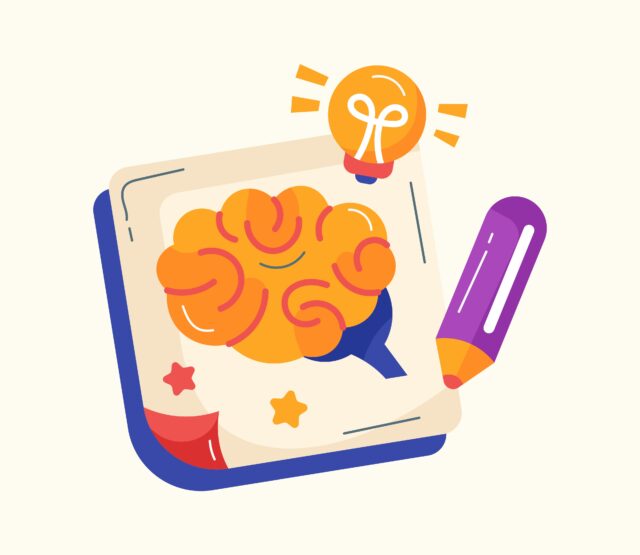 Most of us are always trying to do the right thing. Except, we often get it all wrong. I came to this realization while I was recuperating from a health incident. I finally had time to reflect rather than constantly pushing toward accomplishing the next thing.
Most of us are always trying to do the right thing. Except, we often get it all wrong. I came to this realization while I was recuperating from a health incident. I finally had time to reflect rather than constantly pushing toward accomplishing the next thing.
This aha moment is part of my new book, The In-Between: Life in the Micro. It’s a story about how I was once obsessed with the macro. Being in this state meant I was always chasing some big goal and not noticing all the collateral damage. Stepping back and reflecting enabled me to find the beauty of the micro, which are the authentic moments in life.
So, why was I trying to do the right thing and getting it all wrong?
Reassessing What Matters
During my recovery, I finally slowed down enough to examine my life and what mattered. Achieving personal and professional goals was a big part of my identity. I was a thinker and a doer. I set intentions and followed through, and that’s never a bad trait to have.
However, pursuing these objectives meant I wasn’t tuned into those around me or my feelings. I thought I was, but my motivations weren’t always the “right” ones. During this time, I recalled some points in my life where I did get it all wrong because I was too focused on the future and not the present.
One was the death of my grandfather. He mattered to me, but I was unable to express this as he lay dying. I felt self-conscious and confused. I ignored my gut instinct to do or say something more meaningful.
Why? My ego was in the way. I’ve recalled this experience as I’ve grown older, and it’s a regret I live with now. However, this deep reflection led to a path of living in the in-between with intention.
How Do We Eventually Get It Right?
The best thing we can do to embrace the micro and get it right more often than not is to burst the bubble state. A bubble state forms when we focus and obsess over the macro. It keeps us from seeing the in-between. It locks us into a closed mindset and belief system.
We cannot get it right without bursting the bubble state. We have to remove the barriers of overthinking and ignoring our instincts.
It doesn’t happen overnight. There’s work to do to improve our awareness and empathy. Looking back, I can now understand why I got it wrong but didn’t know it. It’s not a black-and-white scenario where right and wrong are apparent. There are only shades of gray; we can move forward with getting it right when we define and hold to our core values.
If you want to move in this direction, you must reflect objectively. My book offers insights and inspiration to help you do this.












